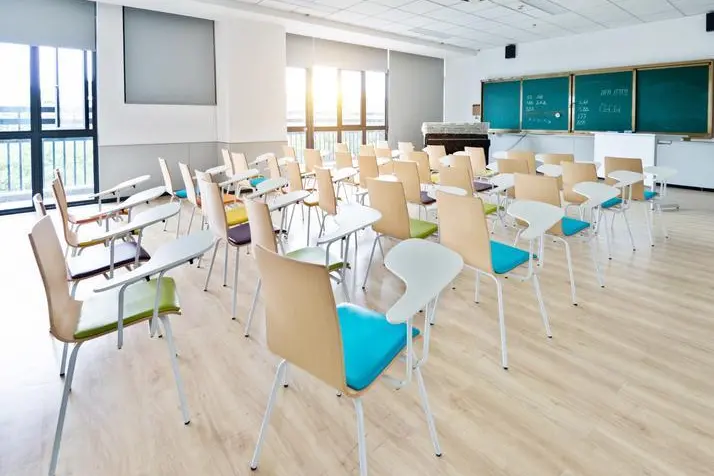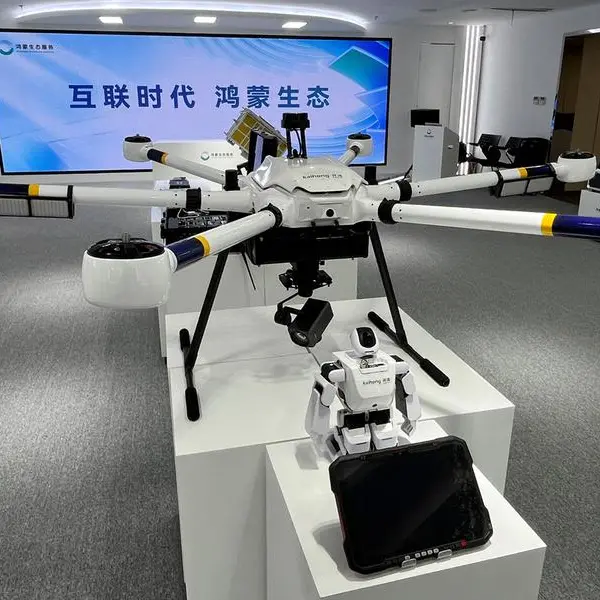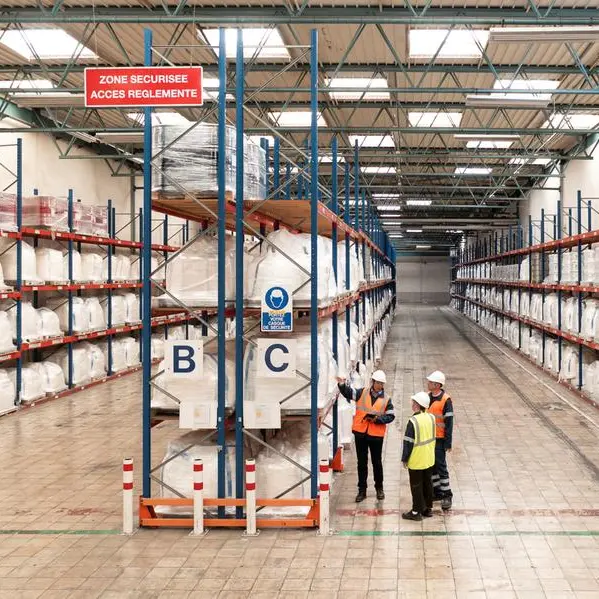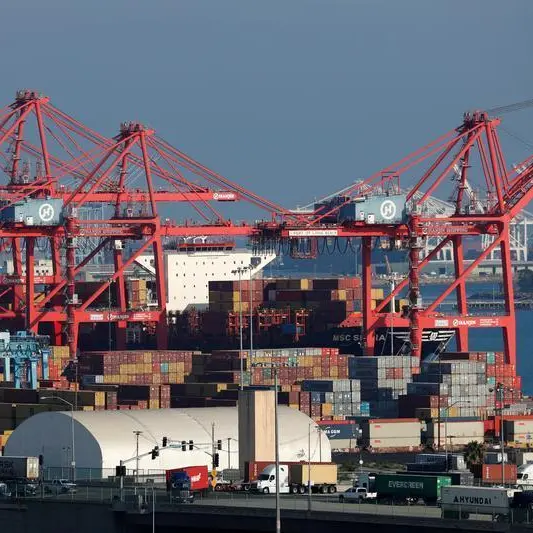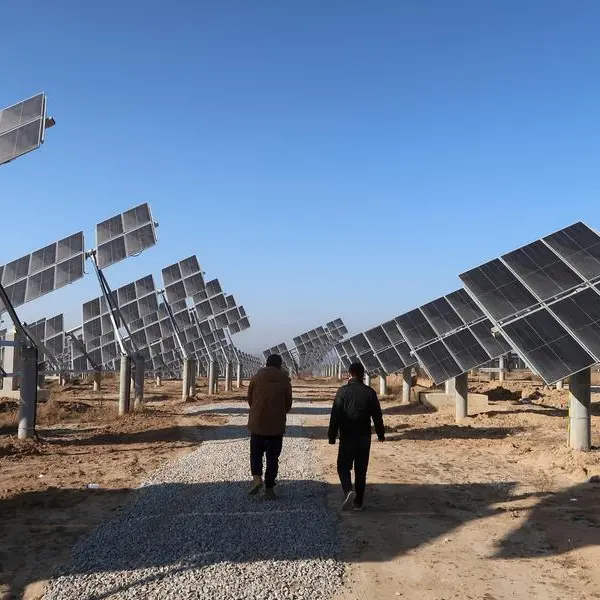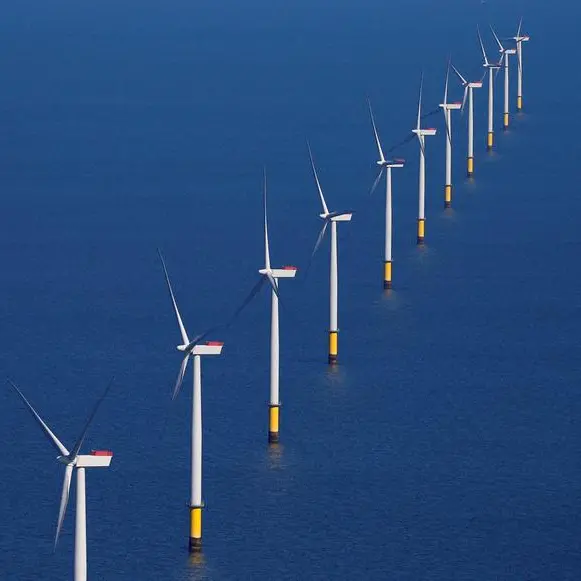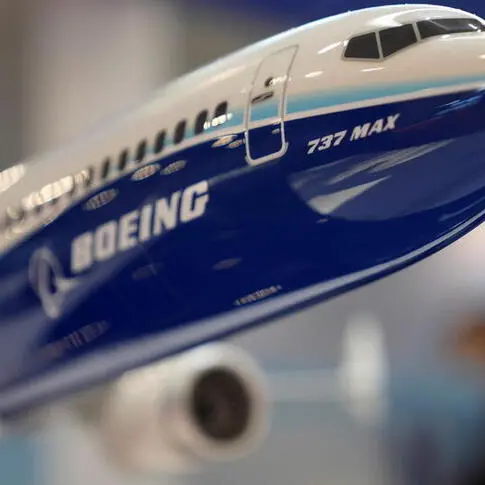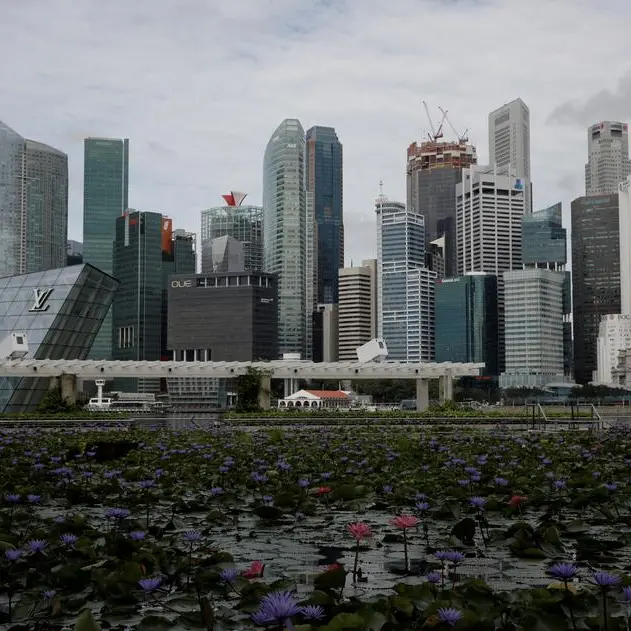PHOTO
Society is currently facing multiple challenges, whether it’s rising geopolitical tensions, widening economic inequality or the existential threat of climate change. Many of these issues have been further exacerbated over the last two years by the Covid-19 pandemic.
Looking at where we are as a global community, it is painfully clear we need to change existing social norms to help tackle these issues. That includes thinking about what it means to do business and the idea that its only goal is to create a profit. Shareholder maximisation is an outdated social norm, it is not a concrete truth that we have to follow above all else. We need to create new social norms and new ways of doing business that also consider social, natural and human capital.
The problem is that much of society has lost faith in the ability of governments to come up with workable solutions on their own. The 2022 Edelman Trust Barometer demonstrates this shift in attitude, with just 42% of respondents believing that governments had the ability to fix societal problems and only 52% considering them as trustworthy. People are now increasingly looking to business to make a difference, with 55% of respondents stating that business should take a lead in addressing societal problems like climate change and economic inequality, while 65% felt that business had the ability to get results.
I share the conviction that business can and should make a positive difference. INSEAD was founded on the idea of the power of business to be a force for good in society by reducing poverty through ensuring economic growth. As a macroeconomist I have witnessed how nearly one billion people were lifted out of poverty in China in just a few decades. This miracle didn’t happen as a result of government subsidies or foreign development aid, it happened because of business.
But the reality is that business, and business leaders need help. Every conversation I have had with top executives in the last year, has ended up touching on the issue of sustainability and the challenges of best integrating ESG thinking into their own organisations. Business needs people who understand these issues and know how to tackle these problems.
Our students are also demanding that we address these topics. They are the ones pressing us to do more, they are the ones asking difficult questions about the way that organisations currently operate. We have an obligation to give these students the right tools and training so that they can make the right choices and have their own positive impact during their careers.
That’s where business schools like INSEAD come in. We are the engines for developing the responsible leaders needed to drive change and build a more sustainable society. Looking at ways to better connect the business education at INSEAD with the United Nations Sustainable Development Goals (SDGs) led us to establish the Hoffmann Global Institute for Business and Society back in 2018, following a foundational gift from André and Rosalie Hoffmann.
Whether it is as the academic partner for global events such as ChangeNOW, sponsoring important faculty research, or getting our MBA students to work with real-world not-for-profit organisations at our bi-annual Master Strategist Days, the Hoffmann Institute looks to develop and disseminate viable solutions to more sustainable ways of operating.
This is also why we looked to review our MBA curriculum back in 2017 to incorporate a special core course on Business and Society that explores everything from ethics to political environment. In fact, of the 15 core courses on our current MBA programme, 12 now cover topics related to sustainability. We are currently undergoing another curriculum review to see how we can strengthen this focus further.
At the same time, more and more companies and individual executives are approaching us wanting to learn how they can better make a difference. Our portfolio of executive courses help teach participants the benefits of considering sustainability in business decisions and encourage a new normal of responsible business.
Most recently we launched a new five-day intensive course, The INSEAD Business Sustainability Programme, which looks to empower participants with the understanding, knowledge and tools to build effective strategies for their business. Between 2018 and 2020 our executive education programmes welcomed 22,000 participants from over 160 countries, so the potential ripple effect of this knowledge sharing is huge.
Of course, there is always more that can be done and no one school can do this in isolation. We need a collective effort, which is why I am so committed to my role as Chairman of the United Nations-supported Principles for Responsible Management Education (UNPRME) initiative. Set up in 2007 to raise the profile of the 17 SDGs and integrate them into global business schools, UNPRME now has over 800 members drawn from all over the world.
The power of collective action is also why INSEAD became a founding member of the Business Schools for Climate Leadership initiative in 2021. This alliance of eight leading European Business schools is committed to working together to raise awareness of the issues, challenges and actions needed to help current and future business leaders tackle climate change.
Business schools like INSEAD must also lead by example and show our school community that we are walking the talk. That is why we made a number of public commitments to improved gender balance in relation to our board, faculty, students and research when we became the first business school to become a HeForShe Champion, part of the UN Women’s HeForShe Alliance.
It is also why we recently announced our commitment to 67% greenhouse gas reduction across our four locations by 2035. By setting clear and realistic targets we aim to play our part and help pave the way for a sweeping shift in mindsets, norms, use of technology, and business practices among our global community.
Because business schools don’t just impact their current students, they also influence their alumni. At INSEAD that means a truly global community of over 62,000 business leaders, entrepreneurs and investors from over 175 countries. This is a powerful group that together can bring about real change by taking these ideas back to their own organisations and communities.
There has clearly been much progress in recent years. We no longer lack the desire or the understanding of the need to act. There are also an increasing number of organisations that can acts as case studies of different ways of doing business, companies that are successfully putting social value ahead of maximising shareholder profit.
Yet there are still many obstacles in our way. Perhaps the most pressing is the lack of coherent and consistent frameworks that people can adopt and adapt to help build ESG thinking and strategy into their organisations. This needs to be an important area of focus for us all, but especially for business schools. Our closeness to business means we can do the research and can help create the tools to build these frameworks and disseminate them widely. It’s only by having these checks and balances in place that we can make real progress.
Business schools have the ability to change mindsets. They can ensure that their students, alumni and wider community understand the challenges and the opportunities that we face and through our research and teaching give them the tools to help build a better, fairer, more sustainable society.
